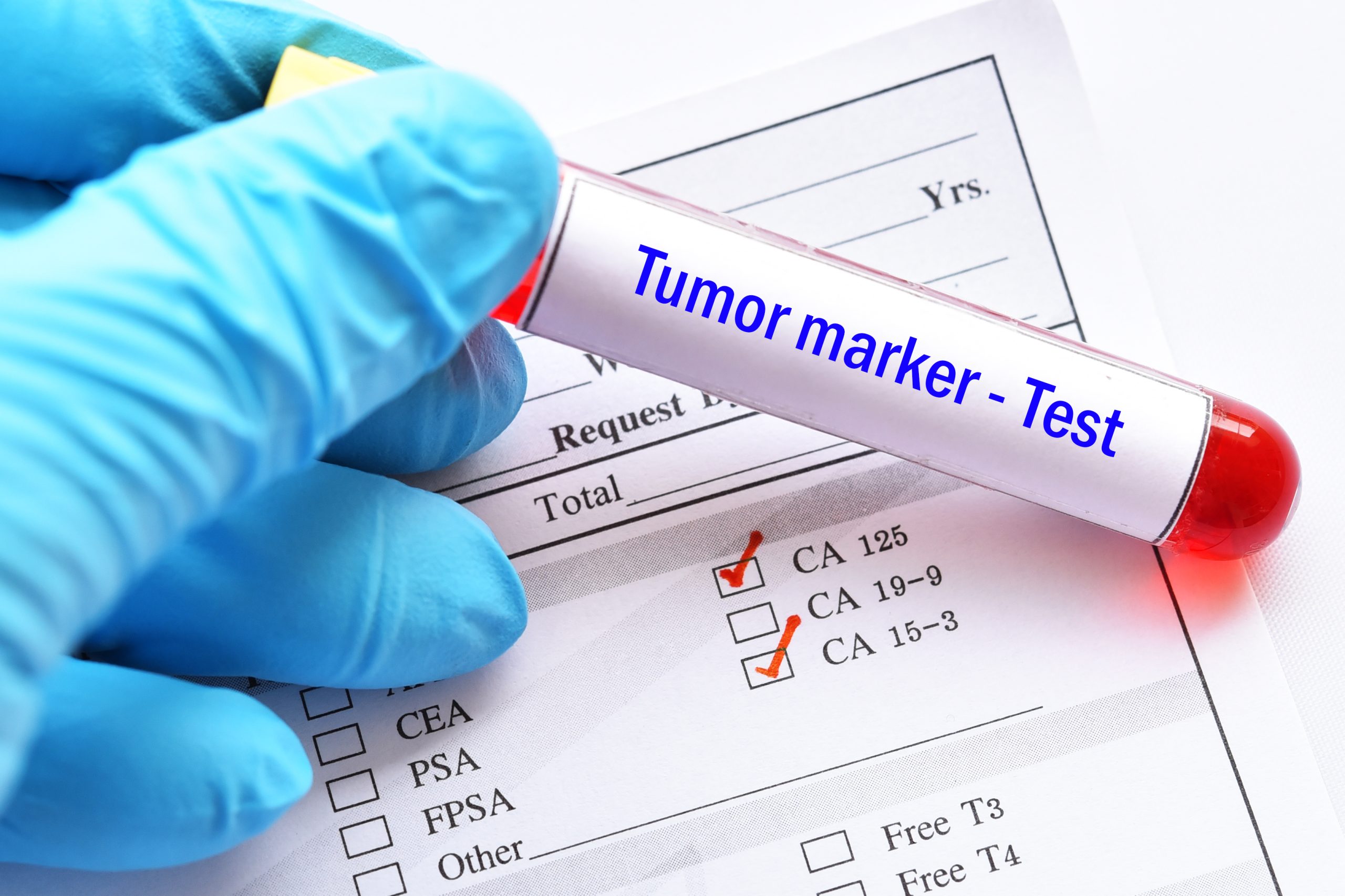Prostate cancer screening is the only standard in a few countries in Europe (Lithuania and parts of Sweden). In most other countries, this examination is not systematic, particularly due to the risks of overdiagnosis and overtreatment.
In 2009, the European Screening Study for Prostate Cancer (ERSPC) already showed that screening can reduce prostate cancer deaths by 20 to 35%. But the earlier and more frequent diagnoses that can be achieved through screening also mean that men live longer with cancer and therefore suffer from anxiety that greatly affects their quality of life.
Living Longer With a Cancer Diagnosis…
This new analysis reveals that these screened men spend more time in the early stage of the disease without progression. However, if the disease has spread, the number of years spent in metastatic phase is similar in the two groups (targeted early screening and screening prescribed after symptoms).
A team from the Erasmus MC Cancer Institute at the University of Rotterdam analyzed data from 43,000 participants in the Dutch ERSPC (European Randomized Study for the Detection of Prostate Cancer) group. The researchers looked specifically at how long it took participants to see prostate cancer progressing to different stages of the disease after diagnosis. The analysis reveals that:
- Men whose disease is detected by the screening program remain on average one year longer without progression;
- In men where the disease has progressed, if it has become metastatic, it is on average two and a half years later in men who have benefited from screening, compared to those whose cancer has been detected outside the screening programme.
The question remains about the impact of diagnosis on quality of life. “No one wants to face a cancer diagnosis, and screening means more men know they have prostate cancer. Living longer knowing you have cancer is not always beneficial. On the other hand, in many cases, early diagnosis makes possible better and possibly better treatment. Delaying the development of cancer, or even preventing certain damages from occurring.
This tips the balance in favor of organized individual examination programmes. »
Progress changes the game: Advances in both the diagnosis and treatment of prostate cancer have altered the balance between the risks and benefits of screening, not to mention its targeting, for the disease. Whereas in the past diagnosis automatically involved radical treatment, such as surgery or radiotherapy, with side effects, today other options, including active monitoring, can promote a limited impact on quality of life. While screening reduces mortality and metastasis, and gives patients more years in the early stages of the disease, screening should sometimes be considered a useful alternative.
Thus, the European Urological Association is calling for the inclusion of personalized prostate cancer screening in the new EU “Beat Cancer” scheme.
The approach to prostate cancer screening should be risk-based.
“The systematic and personalized approach to screening advocated by EAU experts can significantly reduce the risks of overdiagnosis or overtreatment of mild cancers, while at the same time, maintaining the best possible quality of life for patients with more aggressive cancers.

“Subtly charming problem solver. Extreme tv enthusiast. Web scholar. Evil beer expert. Music nerd. Food junkie.”

